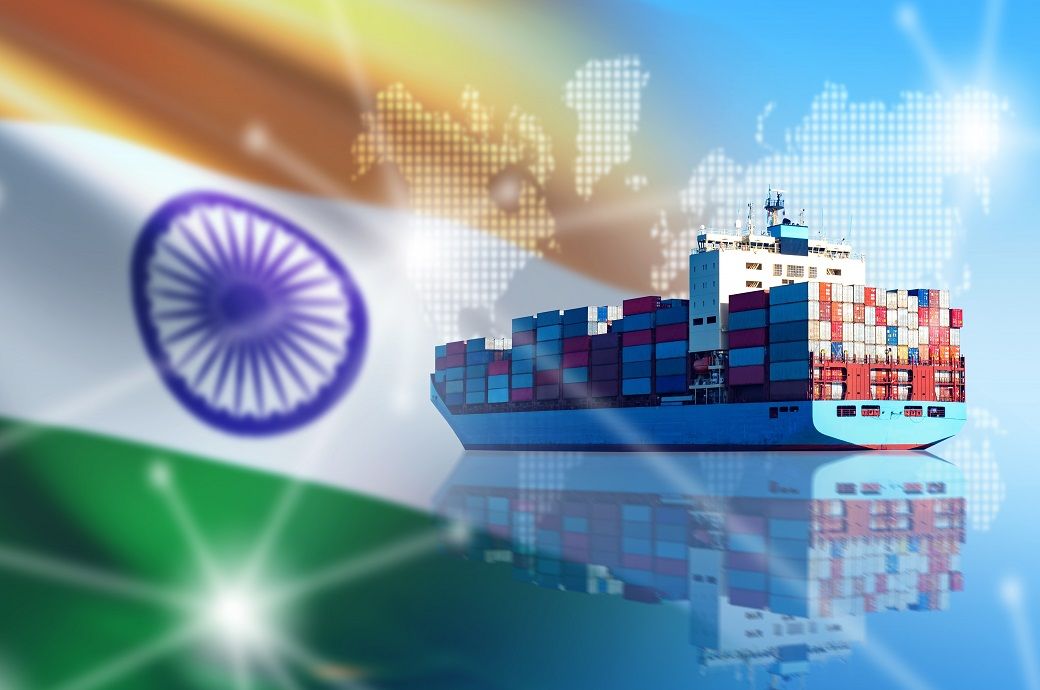
The latest tariff escalation places Indian exporters at a disadvantage compared to competitors in East and Southeast Asia, which face lower tariff rates.
The risk of substitution is real and rising, ICRA noted.
From a credit perspective, sustained high tariffs are directionally negative, potentially eroding profitability and weakening credit metrics of exporters that have a materially large dependence on the US market.
The mid to large-sized textile companies in ICRA’s portfolio, in the apparels, home textiles and terry towels segments have had mixed experiences over the past few months since the onset of the tariff turbulence.
Apparel and terry towel exporters have benefitted from advance buying in the first five months of fiscal 2025-26 (FY26) and now face the possibility of weaker year-on-year (YoY) revenue growth in the second half (H2) of FY26.
In contrast, the home textiles segment—where ticket sizes are higher than apparels and terry towels and where the consumer segment has a higher price elasticity—has seen a slowdown in orders from US retailers over the past few months, ICRA observed.
Although some of the textiles sector entities in ICRA’s portfolio saw their revenues slow down and margins contract in the first quarter (Q1) of FY26, their credit profiles continued to draw comfort from their strong balance sheets and liquidity buffers, and in some cases, diversified manufacturing footprints outside India.
These attributes are expected to enable them to hold ground with US retailers over the next couple of quarters, even as margins come under pressure, ICRA said in a note.
Some Indian exporters are actively exploring new global markets to hedge against US dependency—a strategy that may dilute profitability, given the US remains both a high-volume and high-margin destination.
Other vulnerable segments include footwear exporters, which faces intense price competition from other nations. As the risk-environment evolves, there are some mitigating factors. Several investment grade entities in this sector in ICRA’s portfolio possess strong balance sheets, liquidity buffers, or enjoy parental support, enabling them to withstand near-term revenue declines and margin compression.
The Indian rupee’s recent depreciation against the US dollar, also partially offsets the cost impact.
Additionally, the government has taken steps to ease input costs—such as annulling import duties on cotton, which could provide relief to textile exporters, ICRA added.
ALCHEMPro News Desk (DS)
Receive daily prices and market insights straight to your inbox. Subscribe to AlchemPro Weekly!